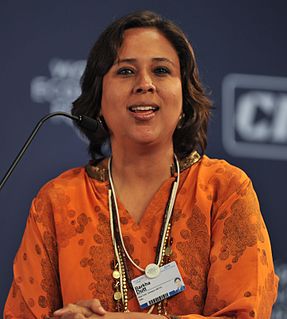A Quote by Nick Sagan
Something my father dearly loved is the scientific method, and it's founded in this element of humility. The idea is that you pursue the truth wherever it goes; you need to evidence, and you can - you see if it's repeatable.
Related Quotes
When people think science and cooking, they have no idea that it's not correctly expressed. We're actually applying the scientific method. People think chemistry and physics are science, but the scientific method is something else.... It's the science that the world of cooking generates: science of butter; science of the croissant.
Evidence-based reasoning underpins all scientific thinking, and it involves testing hypotheses or theories against data. Validating a theory requires replicable measurements from independent groups with different equipment and methods of analysis. Convergence of evidence is critical to the acceptance of a scientific idea.
It seems to me that there is a good deal of ballyhoo about scientific method. I venture to think that the people who talk most about it are the people who do least about it. Scientific method is what working scientists do, not what other people or even they themselves may say about it. No working scientist, when he plans an experiment in the laboratory, asks himself whether he is being properly scientific, nor is he interested in whatever method he may be using as method.
Science has a culture that is inherently cautious and that is normally not a bad thing. You could even say conservative, because of the peer review process and because the scientific method prizes uncertainty and penalises anyone who goes out on any sort of a limb that is not held in place by abundant and well-documented evidence.







































